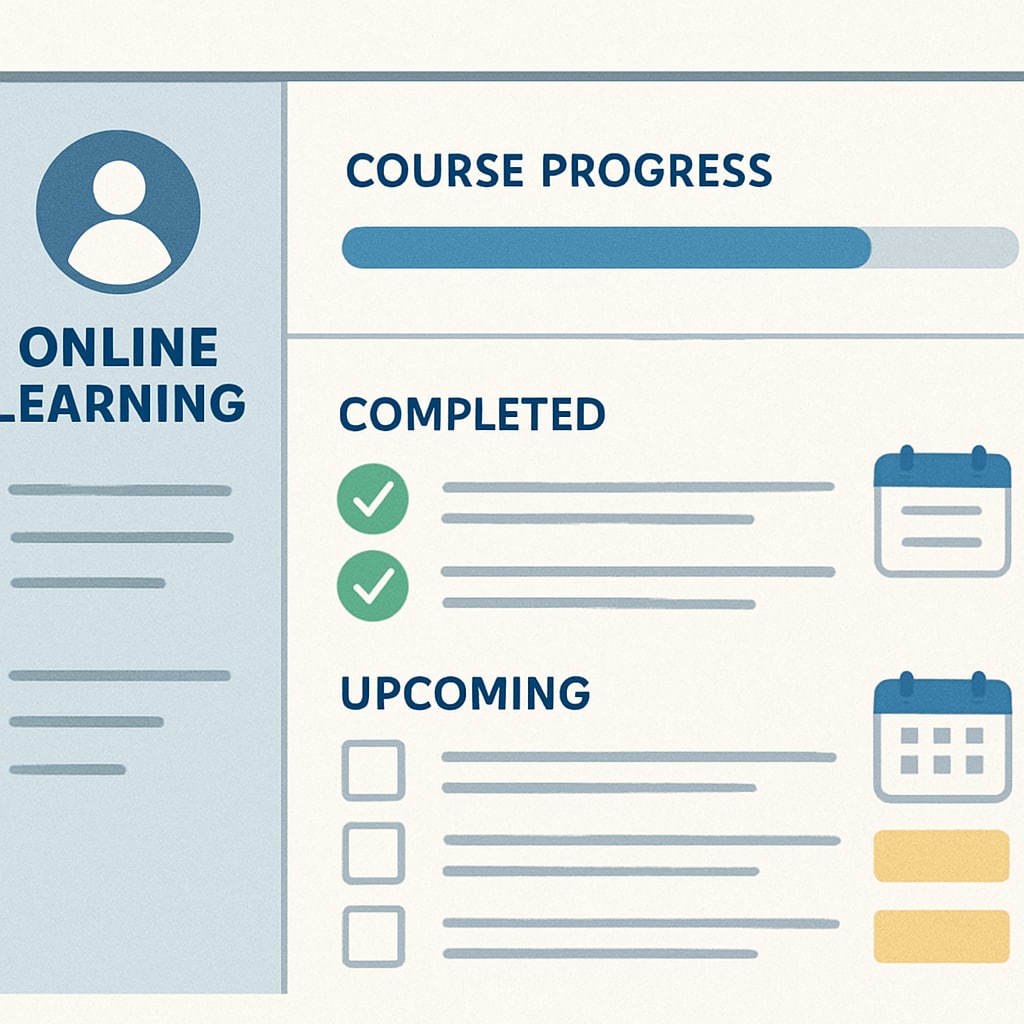High school students facing credit deficiency often encounter significant challenges, particularly when ADHD (Attention Deficit Hyperactivity Disorder) or family-related struggles are at play. These challenges can disrupt their high school journey, leading to feelings of frustration and despair. However, with the right strategies—such as personalized learning plans, diverse credit recovery methods, and robust support systems—these students can find hope and reclaim their path to on-time graduation.
Understanding the Impact of ADHD on High School Progress
ADHD can significantly hinder a student’s ability to focus, stay organized, and manage time effectively. These challenges often result in missed deadlines, incomplete assignments, and ultimately, credit deficiencies. According to the CDC, ADHD affects approximately 11% of children aged 4–17, many of whom carry these difficulties into their high school years. When combined with family struggles, such as financial instability or caregiving responsibilities, the academic burden can feel insurmountable.
For students with ADHD, traditional classroom settings might not always provide the flexibility or support they need. Recognizing these limitations is the first step in designing effective credit recovery solutions.

Exploring Credit Recovery Options for Students with ADHD
Fortunately, there are numerous ways to recover high school credits and stay on track for graduation. These options cater to diverse learning styles and circumstances, making them especially beneficial for students with ADHD. Below are some of the most effective approaches:
- Online Credit Recovery Programs: Platforms such as Edgenuity or Apex Learning allow students to complete coursework at their own pace. This flexibility enables students to work during times when they feel most focused.
- Summer School: Many schools offer condensed courses during the summer, which can help students catch up on missed credits without interfering with their regular school schedule.
- Dual Enrollment: Some high schools partner with community colleges to offer credit recovery through college-level courses, providing students with both high school and college credits simultaneously.
- Project-Based Learning: For hands-on learners, credit recovery through projects or independent studies can be a more engaging and effective option.
Each of these options has its pros and cons. For example, while online programs provide flexibility, they require strong self-discipline—a potential challenge for students with ADHD. Therefore, selecting the right option should involve careful consideration of the student’s needs and strengths.

Building a Personalized Learning Plan
A personalized learning plan is essential for students with ADHD who are navigating credit recovery. This plan should address specific academic goals, preferred learning styles, and any accommodations necessary for success. Key elements of an effective plan include:
- Break Tasks into Smaller Steps: ADHD students often perform better when large tasks are divided into manageable chunks.
- Incorporate Regular Breaks: Frequent, timed breaks can help maintain focus and prevent burnout.
- Set Clear Deadlines: Clearly defined milestones provide structure and accountability.
- Utilize Technology: Tools such as task management apps, reminders, and digital timers can support organization and time management.
In addition to these strategies, collaboration with teachers, counselors, and parents is vital. Regular check-ins can ensure that the plan remains effective and adaptable to changing needs.
The Role of Support Systems
No student should face the challenges of credit recovery alone. A robust support system—including family, educators, and mental health professionals—can make a significant difference. For example:
- School Counselors: Counselors can guide students in selecting appropriate credit recovery options and provide emotional support.
- ADHD Coaches: Specialized coaches help students develop skills in organization, time management, and goal-setting.
- Peer Support Groups: Connecting with other students facing similar challenges can foster motivation and a sense of community.
Additionally, schools should consider implementing broader accommodations, such as extended time for assignments or alternative assessment methods, to better support students with ADHD.
Looking Ahead: A Brighter Future
Despite the challenges associated with ADHD and credit deficiency, high school students have a variety of tools and resources available to help them succeed. By exploring personalized learning plans, leveraging diverse credit recovery options, and building strong support systems, these students can overcome obstacles and achieve their academic goals. As a result, they not only reclaim their high school journey but also gain valuable skills that will benefit them in future endeavors.
For more information on ADHD and its impact on education, visit the National Institute of Mental Health.
Readability guidance: This article uses short paragraphs, active voice, and accessible language to ensure clarity. Lists and headings are included to improve structure, while images are strategically placed to enhance engagement.


